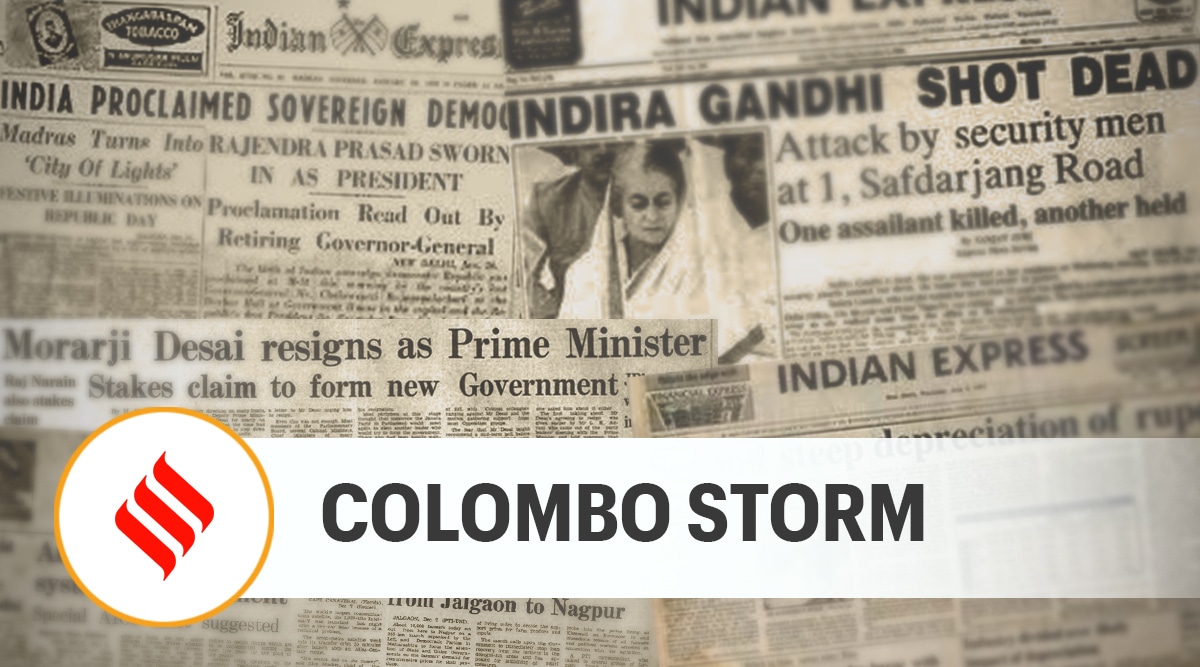
The crisis in Sri Lanka has turned for the worse, with civic unrest in Colombo turning violent and spreading to the rest of the island nation. On Monday, President Gotabaya Rajapaksa got his brother, Mahinda, to resign as prime minister in a gesture aimed at appeasing the protestors and exploring the possibility of a national unity government. But Mahinda’s followers upped the ante and allegedly attacked the site of civic protests at Galle Face in full sight of police. The reprisal came immediately. Civilians, who have been admirably peaceful in their protests, turned against the ruling party politicians and set fire the latter’s homes and establishments. The family home of the Rajapaksas — now the party office — near Hambantota was set ablaze and Mahinda and family were forced to flee, reportedly in a Navy helicopter. Seven persons, including a ruling party MP, have died and 190 injured in the violence since Monday as the protestors hardened their demand that Gotabaya too quit office. The Opposition, a divided set, has ignored Gotabaya’s outreach: The Sajith Premadasa-led Samagi Jana Balawegaya (SJB), the largest opposition party, wants the Opposition to vote out the government, impeach the incumbent president, and do away with the executive presidency. The prospects of a political reconciliation appear bleak.
The events of the last few days have revealed the scale and intensity of the public anger against the Rajapaksas. In fact, the Rajapaksas have become the face of the economic ruin haunting Sri Lanka — “Go, Gota, Go” was the slogan that reverberated in street mobilisations for days. The Easter bombings, which predated the Gotabaya presidency, and Covid that shut down the tourism sector, a key earner of foreign currency, were black swan events that devastated Sri Lankan economy. Accumulated foreign debt, mismanagement of resources, populist policies, etc. contributed to the making of the crisis that has led to a spiralling rise in prices of essentials such as cereals, medicines, milk powder and cooking gas. India has pitched in with money and essential goods — $3.5 billion in aid this year — and Colombo is negotiating with the IMF for a bailout package. But if the political turmoil continues, it would hamper economic recovery: Tourism is unlikely to pick up in the current climate and investors are likely to stay away. With public sentiment against the Rajpaksas, Gotabaya has his task cut out. He may need the support of the entire Opposition to restore public trust in the government.
This editorial first appeared in the print edition on May 11, 2022 under the title ‘Colombo storm’.